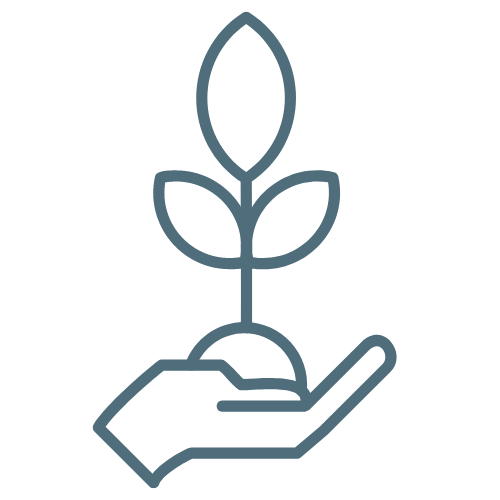50 million people are enslaved today. You can help us free them and end the conditions that allow modern slavery to exist.
Modern slavery is a result of social, cultural, and political conditions that make people vulnerable. Poverty, war and conflict, migration, lack of access to basic human rights, and many other related factors create conditions where the powerful have the opportunity to oppress and exploit the weak.
To end slavery, those most vulnerable to slavery must have the knowledge and resources they need to protect themselves and their communities.
To end modern slavery and the conditions that make people vulnerable we are:

Movement Building
We champion unified anti-slavery efforts. Our Freedom from Slavery Forum bolsters collaboration, while our survivor networks amplify the voices of people with lived experiences, ensuring impactful strategies and optimized resources. Together, we strengthen the fight against modern slavery.

Influencing Policymakers and Advocating for Change
We aim to reshape policies that enable slavery by urging governments and power structures to enact systemic changes and robust enforcement. Through our pivotal role in Alliance 8.7 and strategic collaborations with partners, we drive legal reforms from the international stage to local communities. Our efforts make it increasingly difficult for traffickers to operate.

Engaging Local Communities
We mobilize and empower at-risk communities through targeted training and connections to resources, fostering grassroots resistance against slavery. Our community-centric approach amplifies human and labor rights, thereby creating resilience against exploitation.

